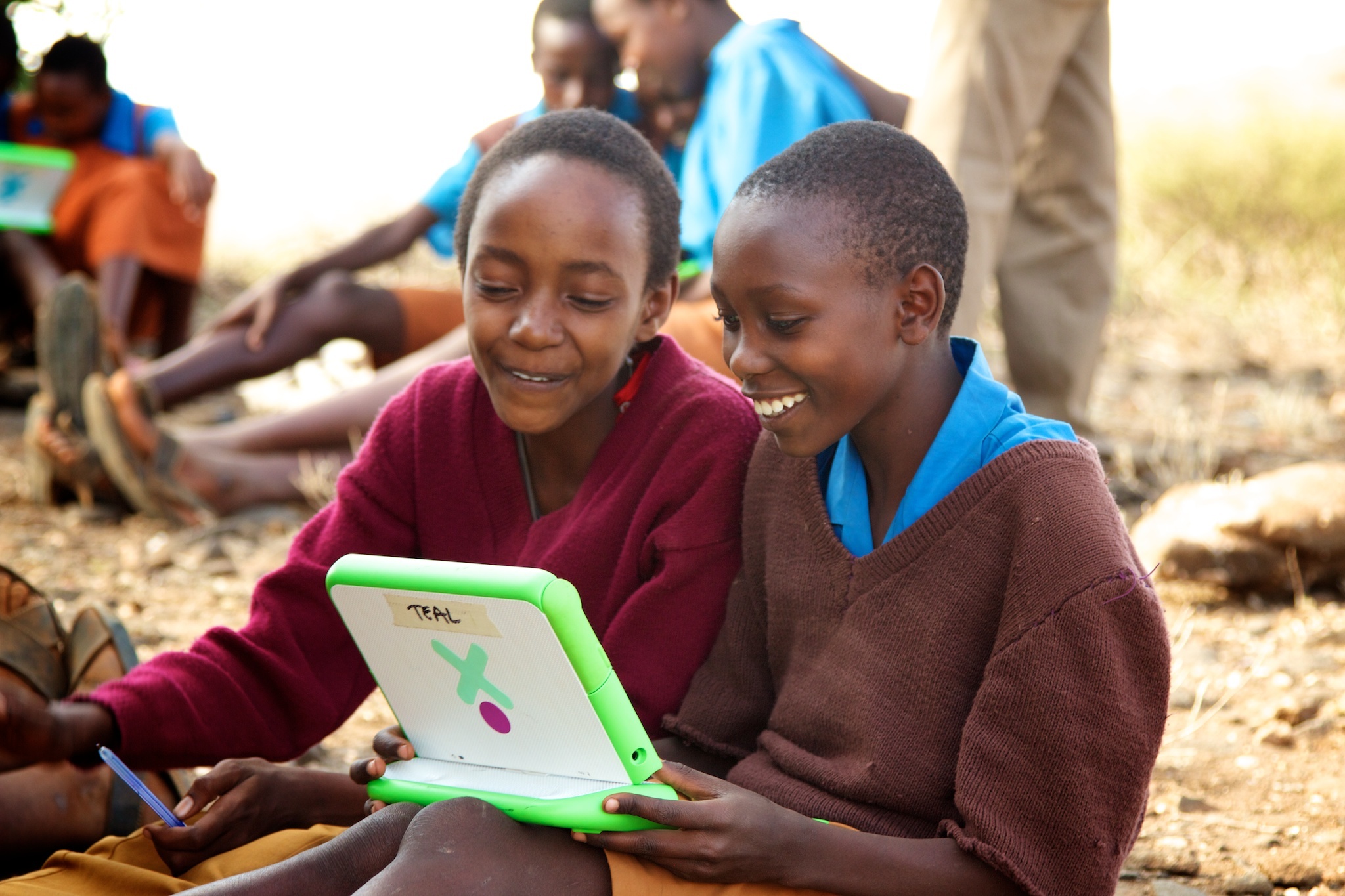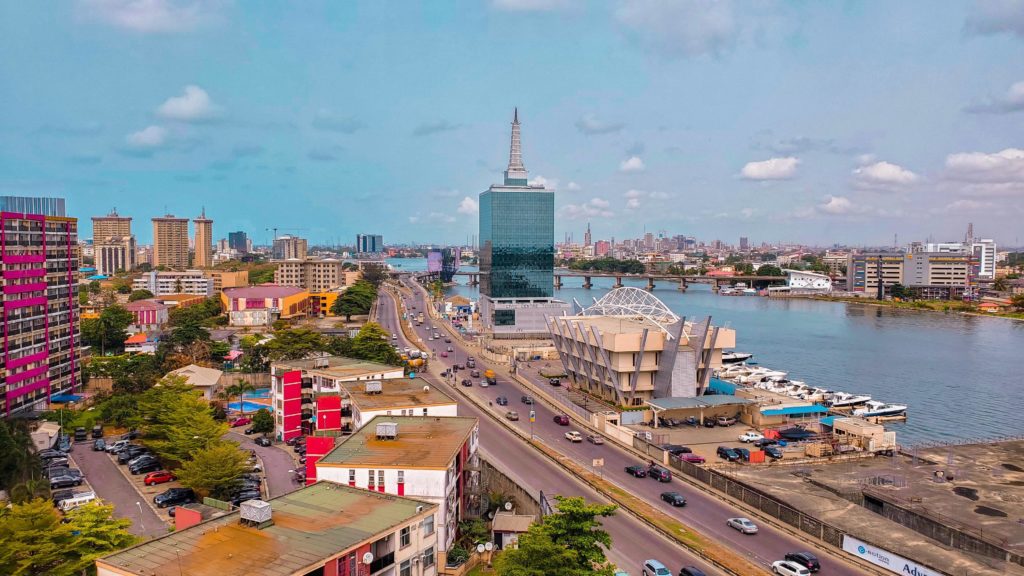
Two bidders for Kenya’s Digital Literacy Programme will be moving to the proof of concept phase following the completion of the evaluation process. The two were selected from a group of eight bidders who had submitted their proposals in January.
The programme will be rolled out in 22,000 public primary schools by November 2016.
The consortium of Moi University and JP SA Couto of Portugal was allocated two of the three lots, covering 26 counties. The partnership between the Jomo Kenyatta University of Agriculture & Technology and Positivo BGH was awarded the remaining lot, covering 21 counties.
Notably, PositivoBGH already has an assembly plant in Rwanda that produces laptops and netbooks.
Some of the companies who lost out on the tender are Hewlett-Packard East Africa, who submitted a solo bid, and BRCK, who submitted a joint bid with Kenyatta University and the Guangzhou Institute of Technology.
The winning bidders will be required to demonstrate the feasibility of their proposals in 150 selected schools across the 47 counties, after which an evaluation will be made on whether they can start the full roll out of the program across all public primary schools in the country.
The schools are distributed evenly across the 47 counties with three schools per county representing an urban, peri-urban and rural setting. An additional nine special education schools were selected from across the country.
The project is being implemented through the Ministry of Education, Science and Technology, along with the Ministries of Industrialization & Enterprise Development and the Ministry of Energy and Petroleum.
The project is being financed through the National Treasury, and the initial phase has been allocated 17 billion shillings (US$ 166 million).
The ICT Authority is the lead implementing agency for the programme. The key components of the programme are provision of content for digital learning, provision of digital devices for learners and teachers, capacity development for teachers and implementers, local assembly for the digital devices, and broadband connectivity
In anticipation for the programme, 66,000 teachers have been trained on digital literacy, and the content to be used on the devices was launched in December 2015.














